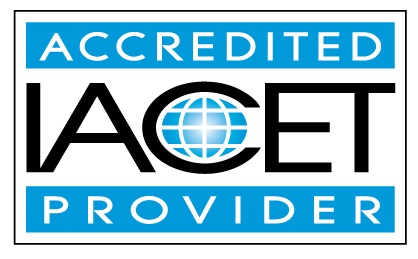Description
Given the key role of mobility in life, it is no surprise that community mobility is recognized as a human right. Facilitating community mobility is not simply an intervention, or a business transaction, and it is certainly not a “fix” for something lacking at an individual level. Rather, it is an opportunity to design the right tools and technologies, the right environments, and advocate for the right policies to support and empower a diverse community, where people move, think, and communicate in different ways. This course compares and contrasts community and clinical mobility, examines how evidence from fields such as neuroscience, psychology, and design can support community mobility initiatives, and analyzes the concept of interdependence as a driver of mobility and a means of co-creating our communities- through education, employment, social and civic engagement, and recreation. Action items for promoting community mobility at personal and professional levels will be discussed.
Learning Outcomes:
The participant will be able to compare two similarities and two differences between clinical and community mobility programs.
The participant will be able to analyze three contributions from foundational fields (neuroscience, psychology, rehabilitation, design, and engineering) that support community mobility initiatives.
The participant will be able to discuss the principle of interdependence and how it can inform the design and study of community mobility programs.
Dr. Heather Feldner is an Assistant Professor in the Department of Rehabilitation Medicine, core faculty in the Disability Studies Program, and an Associate Director of the Center for Research and Education on Accessible Technology and Experiences (CREATE) at the University of Washington, in Seattle, WA. Her research centers on the design and implementation of mobility technology and its effects upon activity and participation within a variety of personal and environmental contexts, including how perceptions of disability and identity emerge and evolve through technology use. Her current work incorporates multidisciplinary, mixed methods approaches that draw from her background as a pediatric physical therapist, doctoral work in disability studies, and postdoctoral research in user-centered rehabilitation and design in mechanical engineering. Heather has presented her work nationally and internationally and has received research funding from institutions such as the NIH, American Academy of Cerebral Palsy and Developmental Medicine, University of Washington, and Microsoft.


